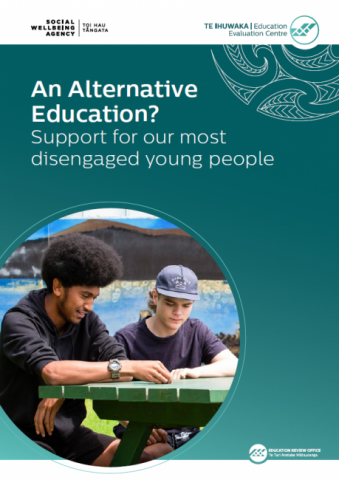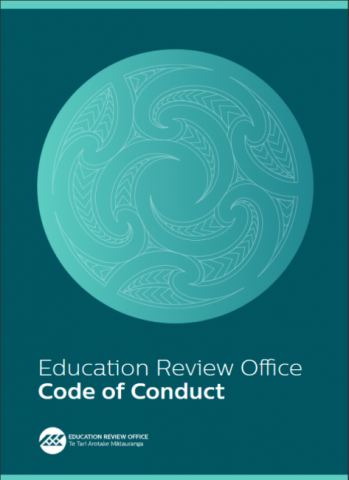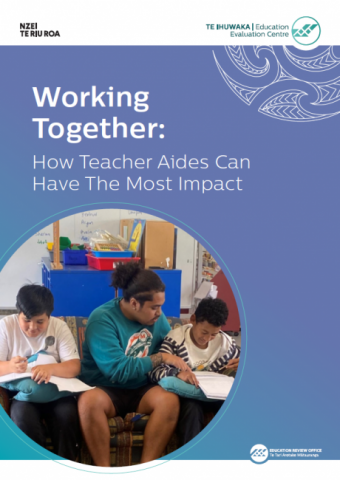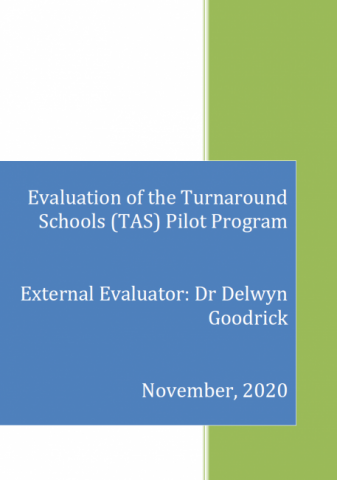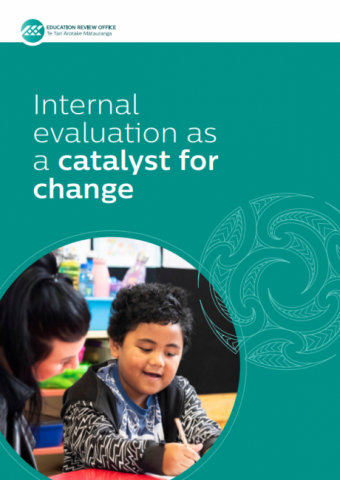Evaluation indicators for ECE reviews: ERO’s conceptual framework: Ngā Pou Here
Published: 20 May 2021
In this paper Glasgow brings a Pacific voice to the debate about how the indicators should be revised. She argues that the care and education of young children has become infused with western, middle- class values and ideologies, institutionalised, normative, and separated from relationships and contexts. Following widespread consultation there was an expectation that Te Whāriki (1996) would directly speak to the needs of Pacific peoples, but this did not happen.
- Audience:
- Academics
- Content type:
- Basic page
